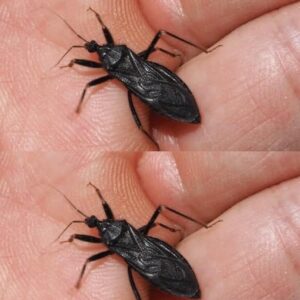People are only just finding out what A.M. and P.M. stand for.
Social media users have been left mind-blown after discovering the meaning behind the abbreviations – with many people guessing and getting them completely wrong.
For those who don’t what A.M. and P.M. stand for, one TikToker has the answer.

After learning what it stands for, one viewer says: “I always thought it meant after morning and past morning.”
Another adds: “Thank you but I won’t remember this.”
“I’ll stick with A.M. and P.M. for now,” comments someone else.
A fourth person writes: “Thought it was after midnight and past midnight.”
“Always wondered, learn it, and always forget it,” admits somebody else.
Others say everybody should know this already, with one TikToker remarking: “This is grade five subject matter. I’m stunned people don’t know this. Most alarming.”
Agreeing, a second says: “I would be really disappointed if anyone older than five didn’t know that. It’s kindergarten stuff, lol.”

Countries such as the U.S.A., Canada, and Australia use the 12-hour clock format, which divides the 24 hours of a day into two periods. This format includes A.M. and P.M., which many people are clueless about regarding their meanings.
Time and Day elaborates: “The first 12-hour period is designated as A.M. It runs from midnight to noon. The second period, marked P.M., covers the 12 hours from noon to midnight.”
On TikTok, Laurie Knox shares videos explaining English language, linguistics, and ‘whatever.’

In a clip with over 1.1 million views, he says: “Who wonders what A.M. and P.M. stand for?
“A.M. stands for ante meridiem, which is Latin for before midday, while P.M. stands for post meridiem, which is Latin for after midday.”
Royal Museums Greenwich, the home of Greenwich Mean Time, elaborates: “A.M. stands for the Latin ante meridiem, translating to ‘before midday.’ This is the time before the sun has crossed the meridian. P.M. stands for post meridiem or ‘after midday’ – after the sun has crossed the meridian.”
Did you know what A.M. and P.M. stand for? Let us know in the comments.





